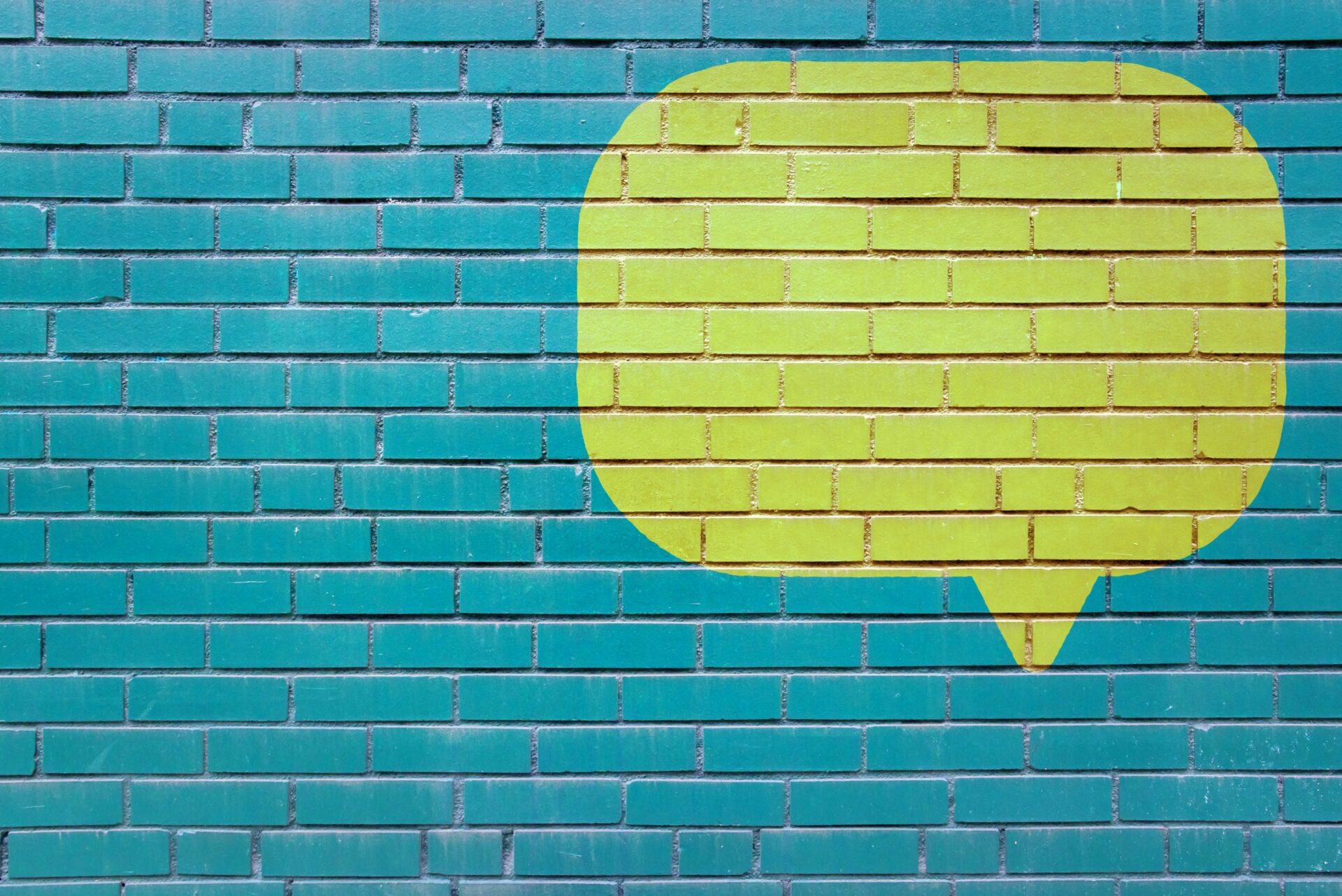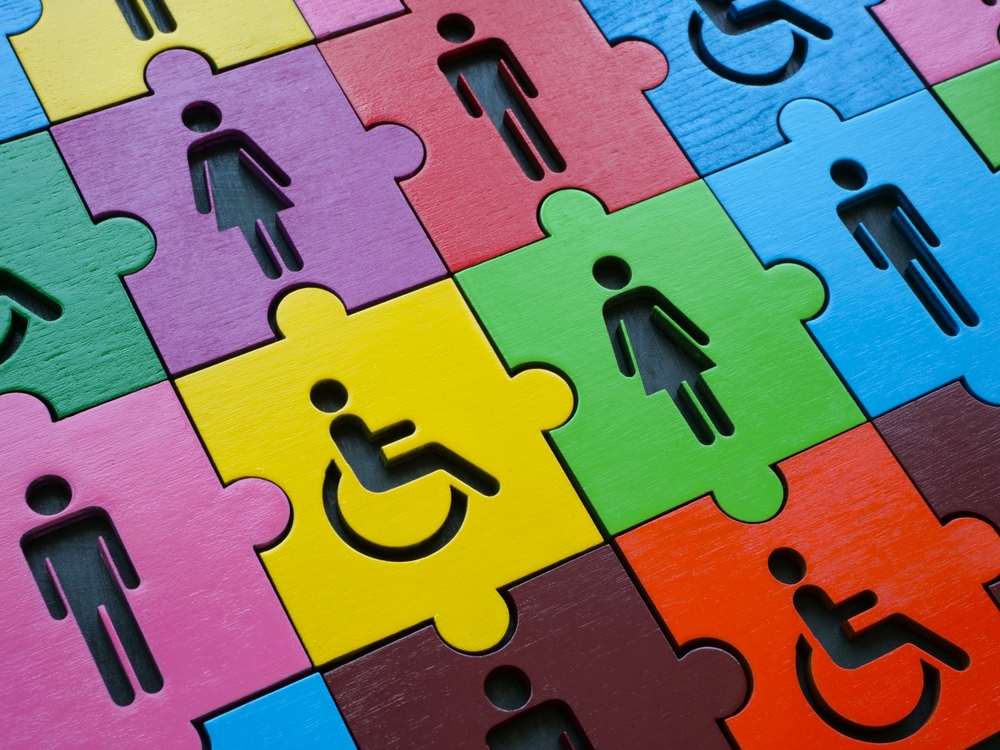Bang on cue Raheem Sterling scores the winner for England as they secure top billing in their qualification group on Windrush Day. A great example of the integration of descendants from the British Commonwealth making their contribution for the benefit of England or the United Kingdom. Whilst this was a day of celebration and reflection or progress within British society, I couldn’t ignore the attention of the ITV ads flanking the football coverage and their focus on hate expressed through social media. Win, lose or draw I wondered how many racially offensive tweets and comments people like Raheem receive every time they play their active role in contributing to UK’s goods and services.
Often, we discuss the need for brave conversations to overcome unconscious bias and to speak out against covert or subtle bias at work. That notion is supported by research findings. Many of us are working virtually now and this is likely to unearth conflict amongst different groups of professionals and amongst different social groups (Peñarroja et al, 2020). Now we know that healthy, constructive, conflict of ideas couched in dialogue is a sign of a healthy team. It is also a vital way to leverage the diversity of minds in the room. Am I the only one who notices that millisecond of apprehension and unease before someone considers what looks like a tricky name to pronounce or isn’t quite sure how to approach the gender fluidity issue? A bit like the second before an experienced high jumper decides how best to get the greatest angle of elevation before attempting a risky leap.
Whilst some tiptoe around real and perceived sensitivities about “getting the terminology wrong “or “being eager not to offend” we must bear in mind that for some being a particular shade of skin colour is a life and death matter. The NHS has launched a formal inquiry into the disproportionate increase of death during childbirth of black and Asian women.
But this isn’t just a matter of melanin. The increase in domestic violence during the pandemic and the growing realisation of the levels of harassment women and girls face is startling. It is still the case that on average, a woman is killed by a man every 3 days.
What are the psychological effects of being a victim of hate and violence? Given the scale of the problem, how difficult can a conversation at work about our differences really be? What if our employees are victims of aggression, abuse, hate crimes? Are we having brave conversations to support them and ensure that they are getting sufficient help? Are we brave enough to question the differing levels of support they may receive because of their ethnicity, gender, sexuality, geographical location or socioeconomic status?
In the office, most of us, thankfully focus on microaggressions rather than real aggression however the psychological toll and career-limiting effects of snubs, slurs and slights can still be a heavy. So rightfully we should challenge such behaviour. This requires a brave conversation, a tactful one and perhaps a hard hat for the backlash. Even the England football captain is receiving abusive social media messages for taking a stand against racism. There is a need to improve our skillset for conflict, difficult conversations and mediation. Bear in mind a team with an absence of conflict is a dysfunctional team (Lencioni,2002).
Brave conversations are indeed needed that much is clear. However, there must be an urgent parallel focus to ensure the physical and psychological safety of our employees, whom society has chosen to marginalise. Cultural change is highly complex – I get it! And everyone is entitled to their perspective.
But it seems with the increasing awareness of the level of reported violence against women and girls and the collapse in faith around the apprehending and sentencing of offenders. Perhaps we are not being brave enough in our thinking. What if our employees are the perpetrators of the abuse and aggression? Many organisations that campaign against violence against women and girls advocate targeting men and boys to raise their awareness and re-educate them about this damaging pattern of behaviour. Are we brave enough to have that conversation at work?
As organisations do we have a role to play in generating social good or do we avert our eyes and leave it up to the individual conscience of each social actor?





